Microsoft pledges legal protection for AI customers against copyright infringements lawsuits
3 min. read
Published on
Read our disclosure page to find out how can you help Windows Report sustain the editorial team. Read more
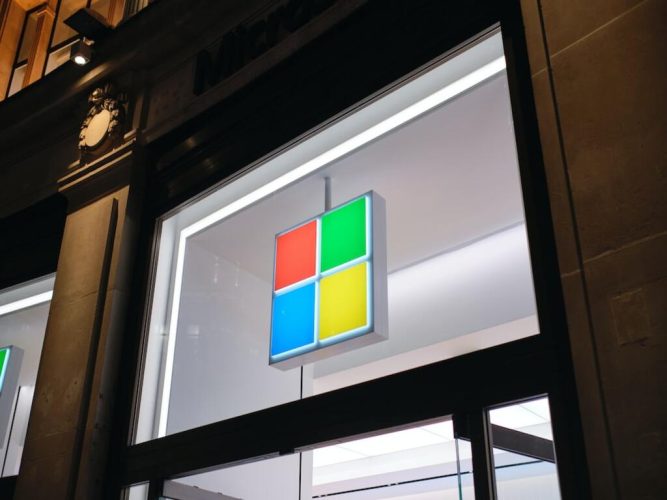
In a recent announcement, Microsoft stated it would back its AI product users in the face of copyright infringement litigation. The announcement comes after the tech giant launched its advanced AI tool, the Copilot, designed to generate content drawn from pre-existing work.
The move aims to alleviate worries about using its AI services that could inadvertently infringe copyright laws. Hossein Nowbar, General Counsel, Corporate Legal Affairs, and Corporate Secretary at Microsoft, released a statement Thursday detailing the Copilot Copyright Commitment.
According to Nowbar, this guarantee will safeguard users who utilize the protective measures Microsoft implemented, such as specially designed filters integrated within its AI products.
Additionally, Microsoft shared that it would assume responsibility for any related fines or settlements and has taken substantial measures to warrant its Copilots obey copyright rules. The software giant disclosed that it has embedded filters in its AI tools to minimize potential infringement.
If a third party sues a commercial customer for copyright infringement for using Microsoft’s Copilots or the output they generate, we will defend the customer and pay the amount of any adverse judgments or settlements that result from the lawsuit, as long as the customer used the guardrails and content filters we have built into our products.
The Microsoft 365 Copilot, a user-friendly application that integrates generative AI into core Microsoft products like Word, Excel, and PowerPoint, promises to streamline day-to-day processes. By automating tasks like data analysis or document conversion, the application increases overall productivity.
Similarly, GitHub Copilot aims to relieve developers of monotonous coding, allowing them to devote their time and energy to creating innovative and unique outputs.
The rise of generative AI applications has stirred up an array of copyright issues, calling into question the legality of using pre-existing content without explicit permission. Used extensively in various industries, these AI tools can convert available content like art, articles, and programming code into fresh, unique creations, making manual processes obsolete.
Microsoft, in collaboration with OpenAI Inc., is incorporating this technology in some of its key products like Office and Windows. Although this potentially opens up customers to legal risk, the latest commitment is a clear signal of reassurance to its users.
Nevertheless, the promise of legal protection doesn’t eliminate all the turmoil surrounding this issue. Several artists, writers, and software developers have been vocal about their dissent, filing lawsuits and objections about their work being used unauthorized.
Now, it’s time to see how effectively the new Copilot Copyright Commitment fulfills its purpose in this contentious landscape.
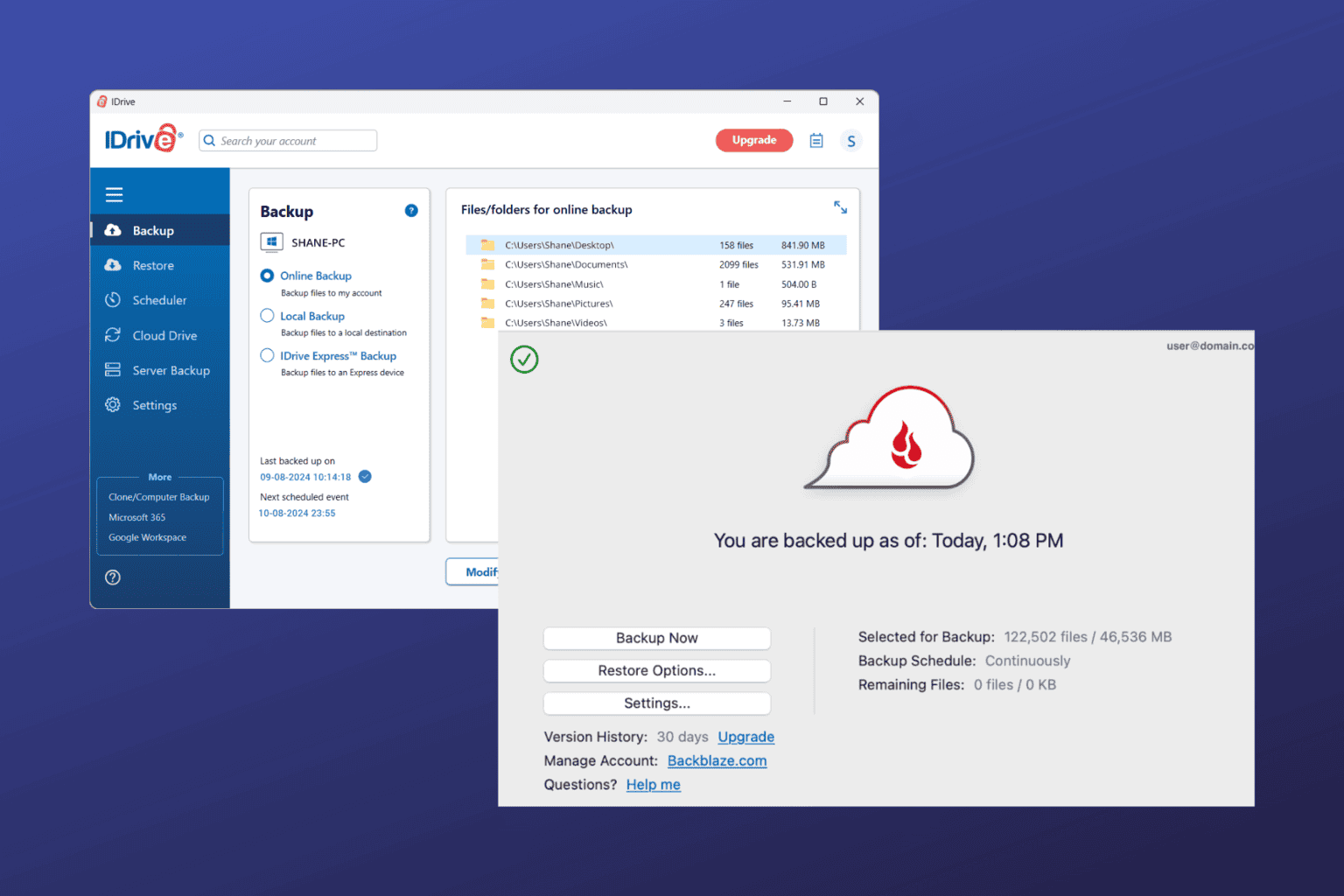
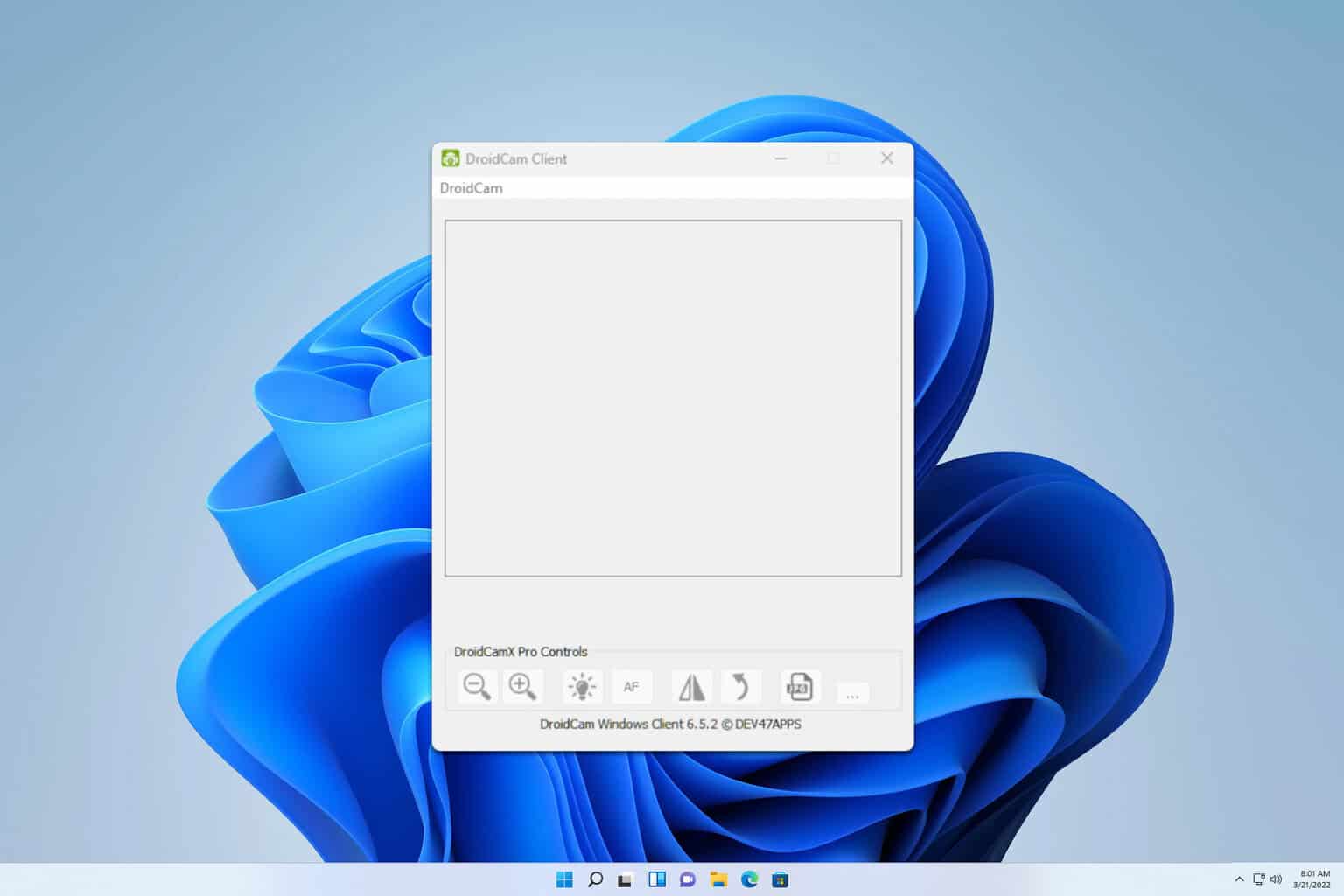
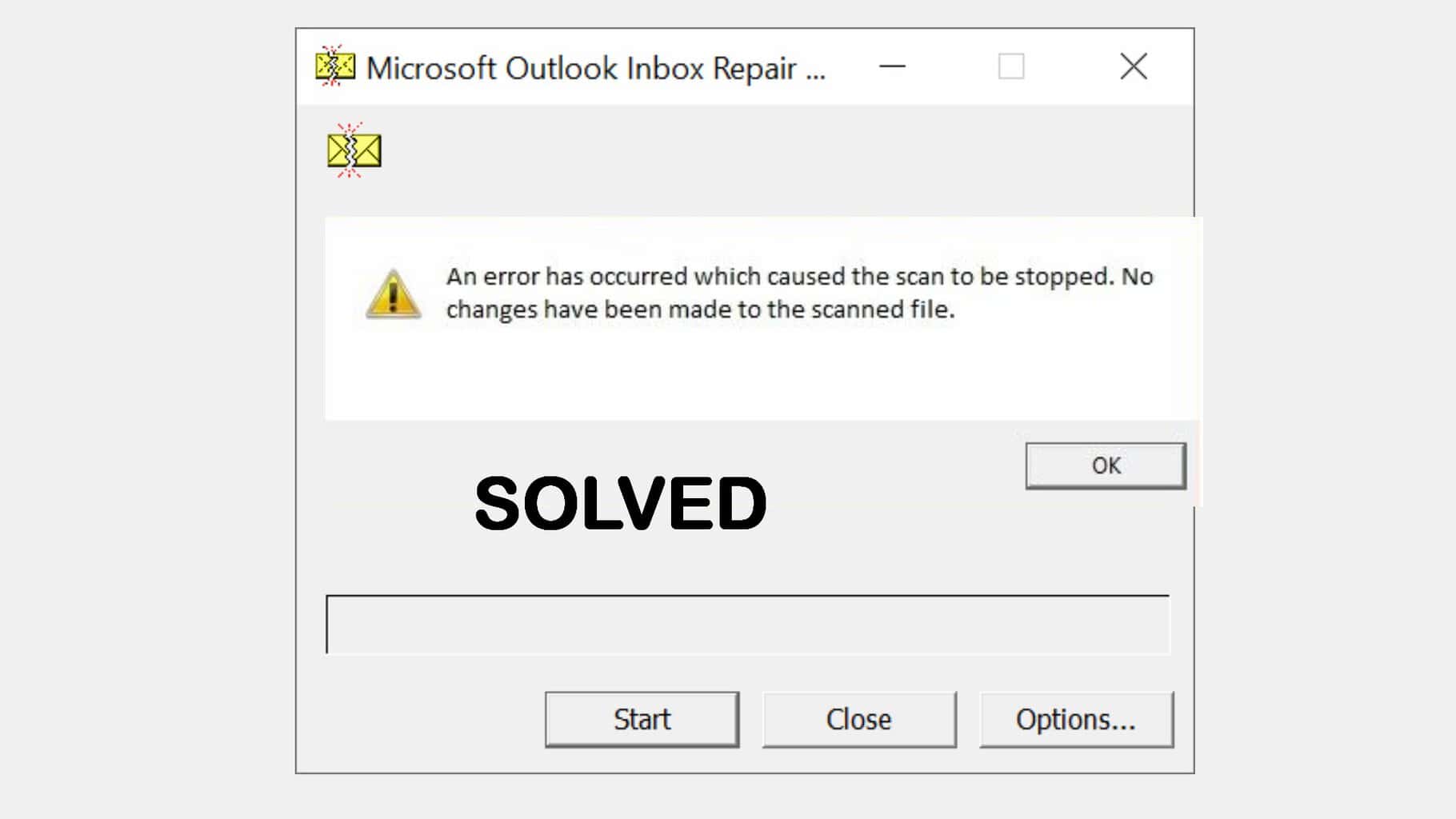
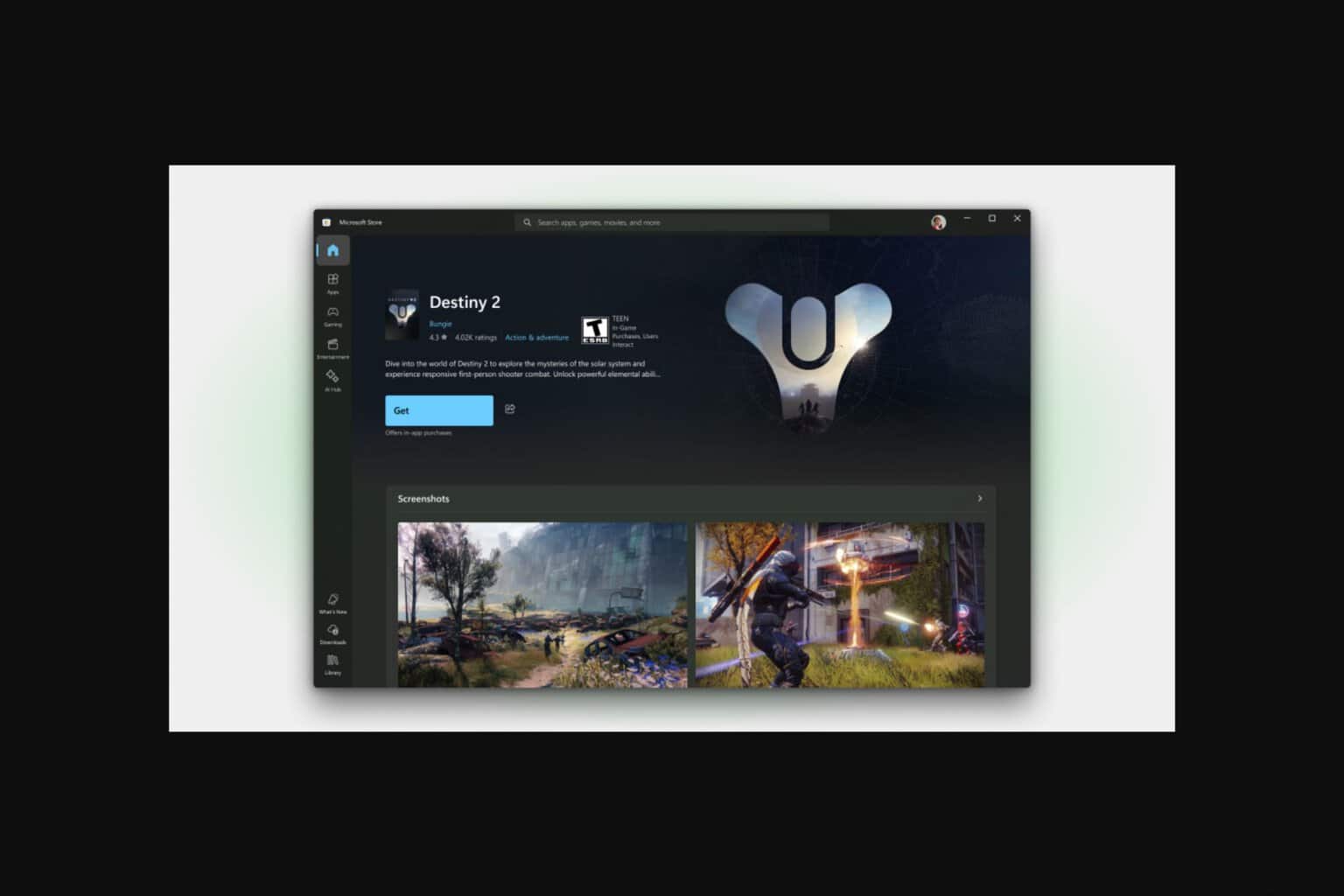

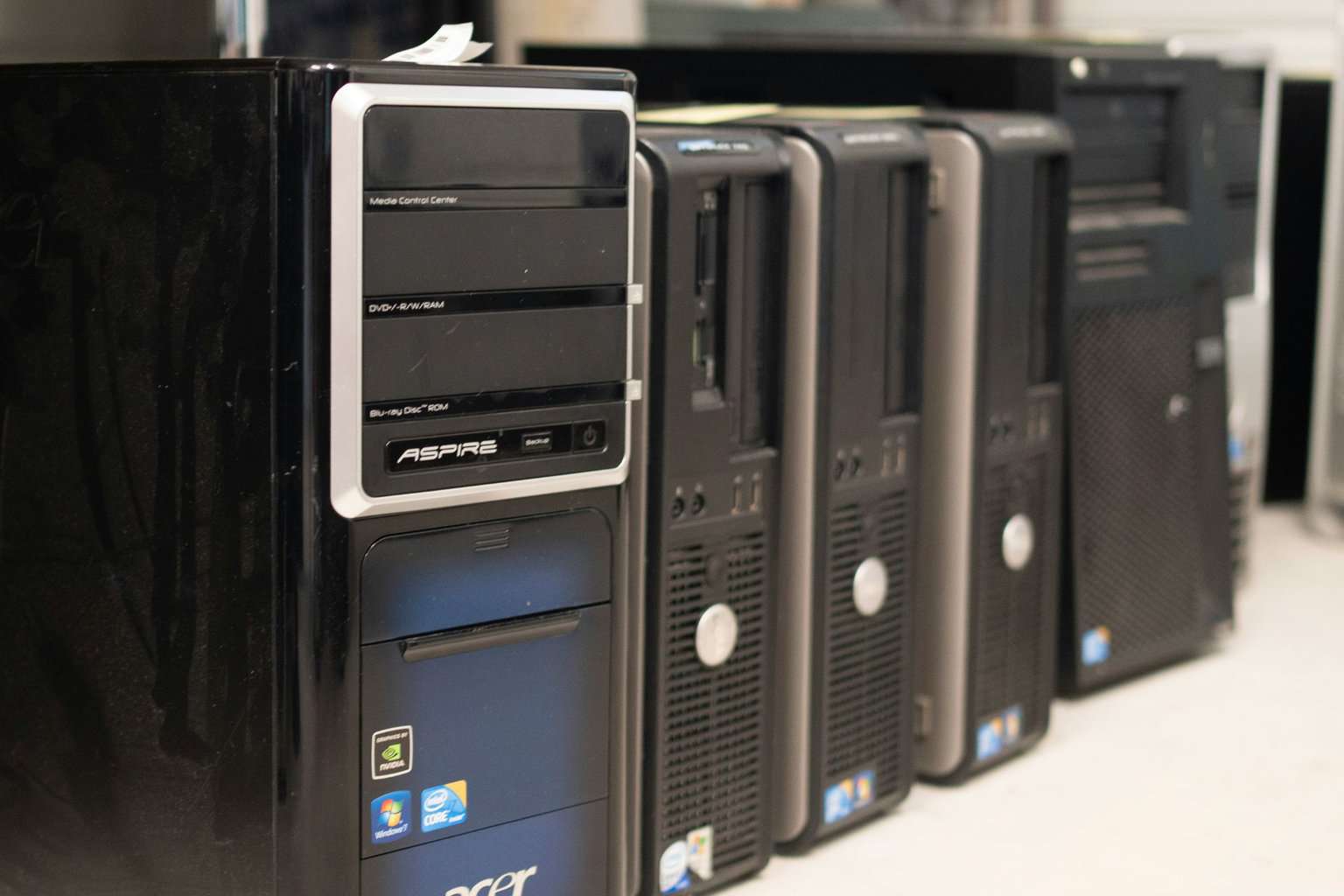
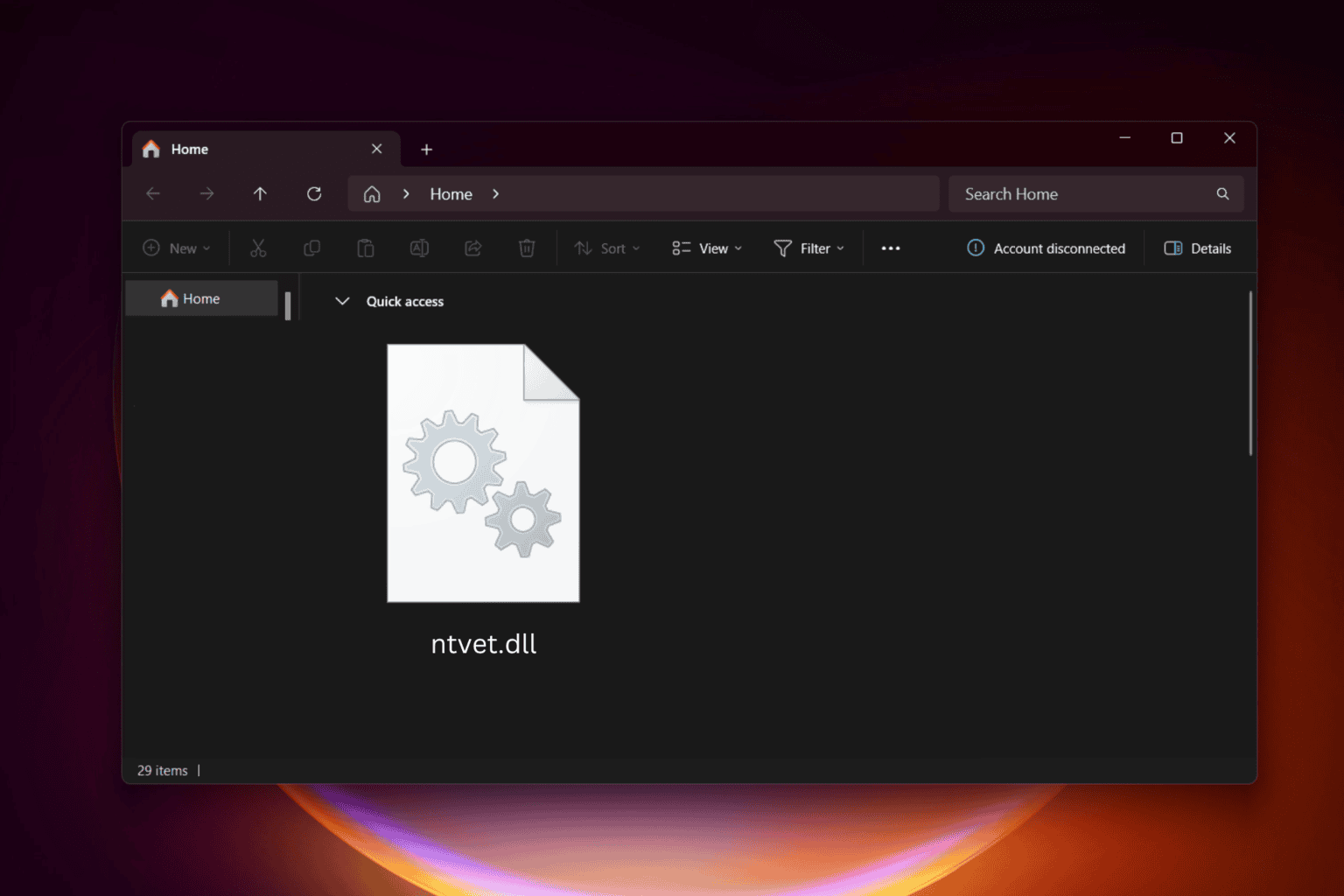
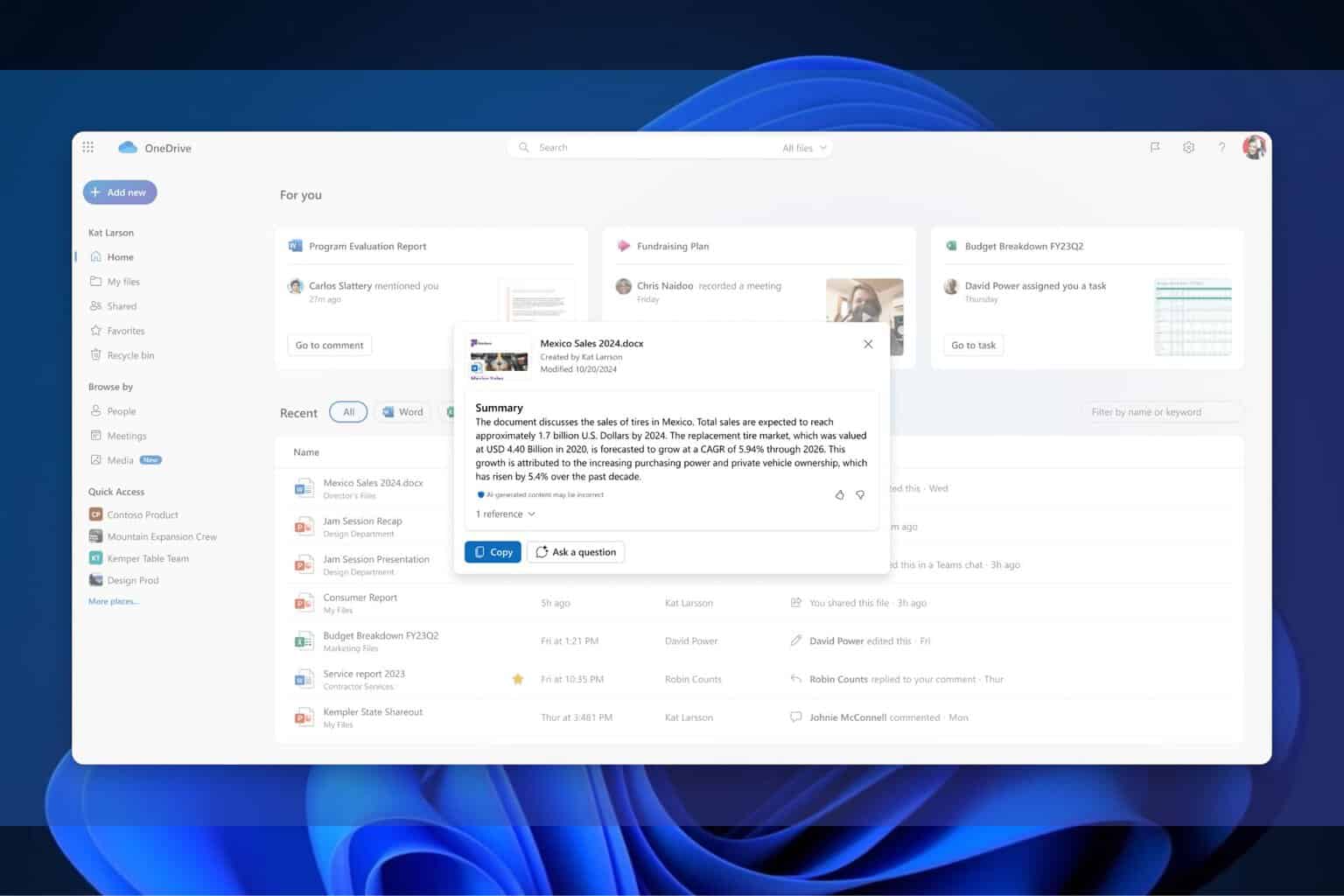
User forum
0 messages